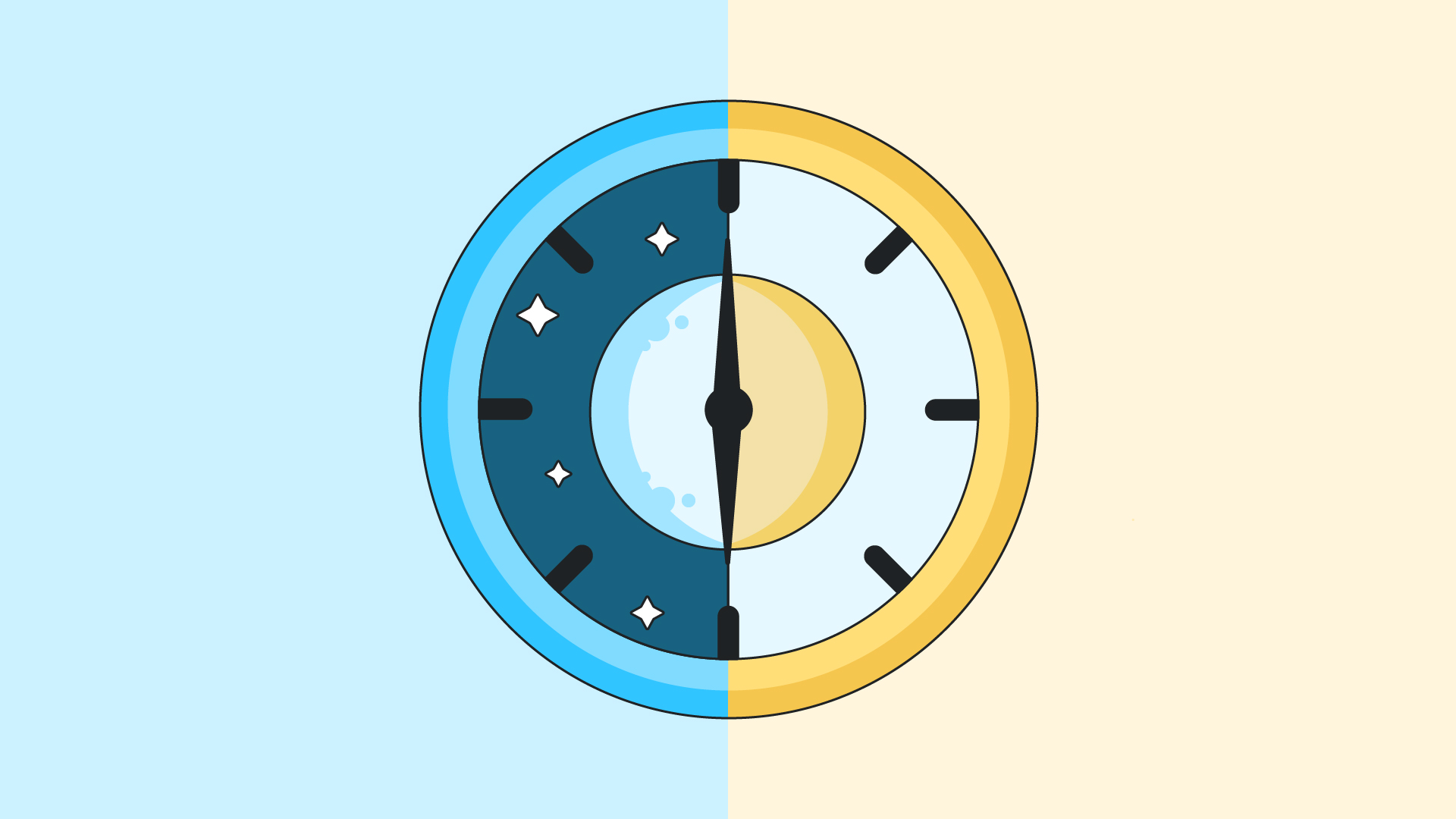Appearing in the peer-reviewed journal Science, a group of researchers at the University of Pennsylvania uncovered gender differences in the circadian rhythm in humans. The findings were derived from both human and animal models.
The circadian rhythm, commonly referred to as the body clock, regulates the sleep-wake cycle nearly every 24 hours, impacting physical, mental, and behavioral changes.
In their study, involving more than 50,000 participants, researchers demonstrated the impact age and gender have on the timing of circadian rhythms.
According to researchers, women, in particular, are more likely to exhibit alertness and activeness during the morning and at daytime, while men tend to be more active at nighttime.
Additionally, the UPenn research team uncovered that women spend more time sleeping, typically in slow-wave deep sleep, more often than men.
Although no motive was fully established as to why the differences in circadian rhythms occur, researchers theorize the following, “It has to do with the maternal role women have traditionally played—it would seem natural for them to have a circadian rhythm in tune with their offspring,” a UPenn news release confers.
The study was published in Vol. 369, Issue 6508 of the scientific journal.


